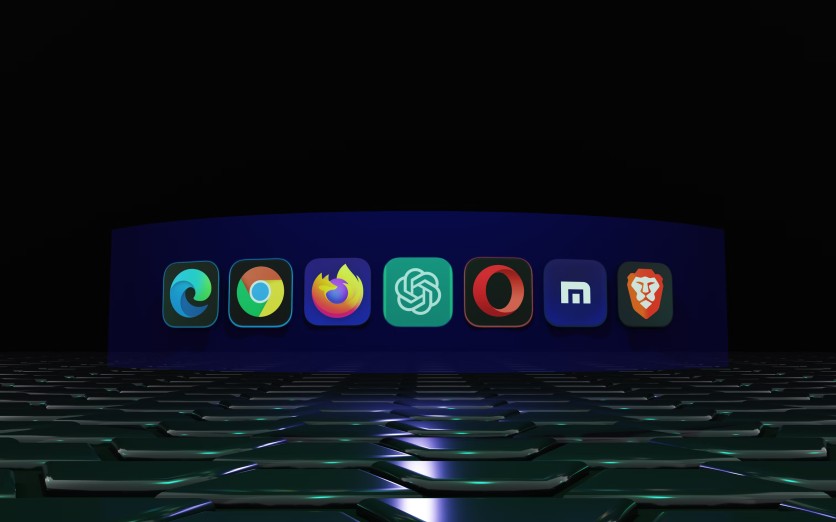
The internet has always been about access — access to information, tools, and communities. But as artificial intelligence becomes more embedded in daily tech, a new era of browsing is emerging: AI browsers.
From summarizing pages to performing automated tasks, these intelligent browsers are reshaping how we interact with the web. The shift isn't just about speed or convenience — it's about giving users a smarter, more personal web experience.
What Is an AI Browser?
An AI browser uses artificial intelligence to enhance or automate the browsing experience. Instead of just displaying websites, it becomes an active digital assistant — reading, summarizing, organizing, and even acting on your behalf.
With an AI browser, you can:
- Ask it to summarize a long article in one click.
- Get contextual insights while researching.
- Automate repetitive tasks like filling out forms or comparing prices.
- Chat directly with web content using natural language.
The idea is to transform the browser from a passive window into a proactive co-pilotfor your online world.
Top AI Browsers to Try in 2025
1. ChatGPT Atlas (OpenAI)
OpenAI's ChatGPT Atlas is one of the most anticipated AI browsers of 2025. Built on a Chromium foundation, Atlas integrates directly with ChatGPT, allowing users to summarize web pages, run analysis, and perform agent-like tasks without switching tabs. It's currently available for macOS, with Windows and mobile versions on the way.
2. Perplexity Comet
Comet, from Perplexity AI, takes the idea of a "research browser" to the next level. It lets users command the browser to perform multi-step tasks — from gathering data across websites to producing structured reports. Think of it as a cross between a search engine and a personal research assistant.
3. Opera One (Aria)
Opera has gone full-on AI with its Aria assistant built into Opera One. It's an AI-centric browser that can answer questions, generate code, or explain technical terms directly from the sidebar. Opera's early adoption of AI puts it among the most mature mainstream options.
4. Microsoft Edge Copilot
Microsoft's Edge Copilot integrates AI chat and assistance across the browser. You can summarize PDFs, rewrite text, and even perform productivity tasks without leaving your tab. It's part of Microsoft's wider push to embed AI across Windows and Office ecosystems.
5. Google Chrome (Gemini Mode)
Google is integrating its Gemini model into Chrome, giving users contextual assistance while browsing. From summarizing long articles to suggesting search refinements, Chrome's AI mode keeps users inside its ecosystem — a smart play from the world's most popular browser.
The Future of AI Browsers
The next wave of AI browsers won't just help users read or summarize content — they'll start acting autonomously. Expect browsers that:
- Complete tasks: Book flights, fill out forms, or handle purchases automatically.
- Learn your habits: Retain preferences, tone, and style for personalized experiences.
- Integrate with devices: Connect browsing with smart devices, AR interfaces, or even wearables.
- Prioritize privacy: Balance personalization with stronger data protections and on-device AI processing.
These advancements could change how users think about search engines, advertising, and productivity — blurring the lines between browser, assistant, and operating system.
Why This Matters
AI browsers represent the next big interface shift — from passive browsing to agentic computing, where software understands your intent and executes actions seamlessly.
For developers and brands, it means adapting web content for AI-driven consumption. For users, it means spending less time searching and more time doing.
The browser wars are about to get smarter — and the winners will be those that make AI feel invisible yet indispensable.
Closing Insights
AI browsers are no longer a concept — they're the next frontier of how we explore, learn, and act online. Whether it's ChatGPT Atlas redefining how we research or Opera Aria making browsing conversational, one thing's clear: the age of intelligent surfing has arrived.
ⓒ 2026 TECHTIMES.com All rights reserved. Do not reproduce without permission.




